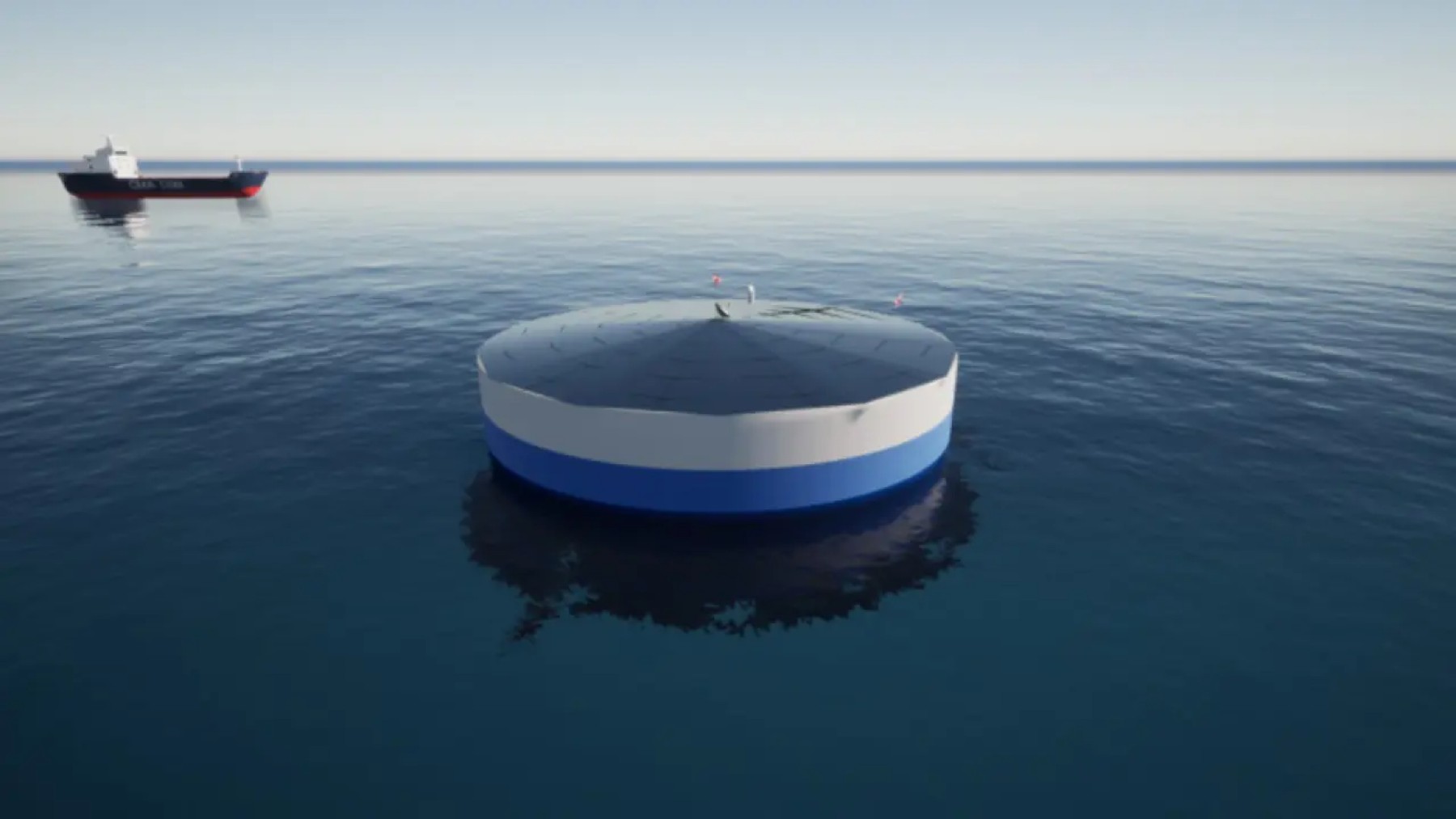A 200-year-old myth, confirmed: It’s under the ocean, and Africa has found it
October 26, 2024

Ocean Thermal Energy Conversion (OTEC) is a feasible as well as innovative solution for sustainable energy, using the temperature difference between warm surface water as well as cold deep ocean water to generate electricity. The idea of harnessing this energy is not new it dates to the 19th century. French physicist Jacques-Arsène d’Arsonval in 1881 proposed the concept recognizing the potential of using the ocean’s thermal currents for power generation.
Milestone accomplished: OTEC stormproof model approaches end in Canary Islands
In the Canary Islands an important milestone has been achieved in the development of OTEC technology. Seven European partners are in the final stages of developing a storm-resistant OTEC prototype at the Hidramar Shipyard in Gran Canaria, Spain. Financed by the European Union together with part of the PLOTEC project this ambitious initiative envisions the model being built in the Atlantic Ocean, where it will be subjected to thorough testing in a practical environment.
Global OTEC has completed the installation of the hull’s roof and is now focusing on finishing the final welds. Once finished the structure will be placed around 3 KM away from the Las Palmas coast. The model is created to withstand severe weather conditions making it a perfect resolution for small island developing states (SIDS) which are regularly susceptible to drastic weather.
As stated by Sam Johnston, the Lead Engineer at Global OTEC, data gathered from sensors as well as tracking devices will aid in analyzing the performance of the model along with comparing it to computational prototypes. This response loop is vital for improving OTEC technology as well as making sure that it stays economical together with a resilient choice for areas with drastic weather conditions.
Mauritius welcomes OTEC Technology vital for renewable energy future
On the other side of the globe Mauritius is discovering OTEC as a vital factor of their sustainable energy strategy. Mitsui O.S.K. Lines (MOL) has introduced a viable study on the installation of deep sea water intake pipes, an important element of OTEC systems. This research, chosen for financing by Japan’s Ministry of Economy, Trade, and Industry (METI), analyzes both the technical as well as logistical difficulties of applying OTEC in Mauritius.
The research is part of a bigger attempt to expand OTEC in Mauritius, which is a tactical benefit because of its location in the tropical Indian Ocean. OTEC technology offers stable, all day power production, indifferent to weather conditions, a substantial advantage for an area dedicated to by 2030 increasing their sustainable energy share to 60%.
MOL is examining suitable sites for the installation of water intake pipes, which are crucial for pumping cold deep-sea water to the surface. The project envisions allowing future OTEC installations in Japan as well as overseas, including Mauritius, to contribute to international attempts to fight climate change through renewable energy solutions.
Utilizing ocean thermal currents: OTEC project demonstrate potential for renewable energy
Both the Canary Islands and Mauritius demonstrate the growing interest in OTEC technology as a renewable energy solution. In Gran Canaria the PLOTEC consortium’s model is on track to offer valuable insights into the viability of OTEC in storm prone areas whilst Mauritius aims to leverage their tropical location for bigger OTEC implementation. Not only are these initiatives targeted at local energy requirements but they also offer a blueprint for other areas looking to shift to sustainable energy sources.
The concept of generating energy from the ocean’s thermal currents, indicated over a century ago, has finally reached the point where it can be achieved on a bigger scale. As OTEC continues to evolve its dedication to stable around-the-clock power production makes it a formidable option for small island nations and coastal communities worldwide.
The developments in OTEC technology in both Spain as well as Mauritius underscore the substantial improvement progressing towards renewable energy resolutions adapted to island as well as coastal areas. The advancement of these initiatives offer hope for a future where sustainable along with dependable as well as storm resistant energy is accessible to everyone.
Search
RECENT PRESS RELEASES
Related Post




